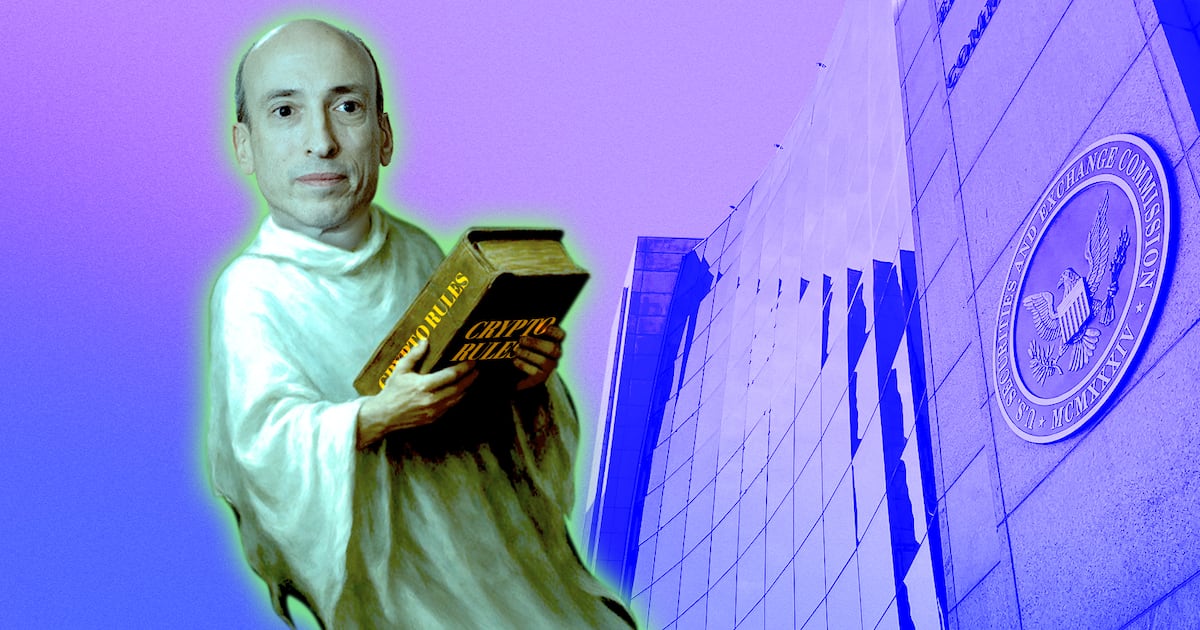SEC Withdraws Dozen Gensler-Era Rules, Embarking on New Enforcement Philosophy
Paul Atkins, the newly sworn-in chair of the U.S. Securities and Exchange Commission (SEC), is fulfilling his mandate by decisively reversing the regulatory path set by his predecessor, Gary Gensler. On Thursday, the agency completed its most significant purge to date by formally withdrawing a dozen unfinished proposed rules.
The bulk of the rescinded proposals relate to cryptocurrency and blockchain technology. These included:
- Rule 3b-16: A proposed reinterpretation defining “exchanges” under federal securities law.
- Qualified Custodian Rule: A proposed restriction on crypto asset custody providers for registered investment advisers.
- Regulation Best Execution (Rule 203-4): A rule intended to impose stricter standards on broker order execution.
- Order Competition Rule (Rule 204-2): Aimed at enhancing retail investor access to market prices.
Aiming at Exchanges
The centerpiece of the purge was the long-debated Rule 3b-16. Proposed guidance sought to broaden the SEC’s definition of a securities exchange significantly. The rule aimed to encompass not only centralized trading platforms but also decentralized finance (DeFi) protocols, open-source developers (if facilitating trades), trading interfaces, crypto wallets with swap functionality, and communication tools used for coordinating trading activity.
Strong criticism emerged during its review. Commenters, including Coinbase’s Chief Legal Officer Paul Grewal—who noted via Twitter, “Down goes 3b-16, qualified custodian, and all the other unfinished Gensler rule proposals”—argued the proposed rule’s extremely vague language risked creating unintended and impossible liability for a vast range of crypto participants.
Legal experts and industry groups highlighted the rule’s 650-plus pages that failed to define terms central to its reach, contained virtually no specific mention of cryptocurrency or blockchain technology, or the DeFi sector, yet proposed to apply its definitions across these fields. As venture firm Andreessen Horowitz argued, the rule would effectively close the door to institutional investment in digital assets unless a suitable exception was carved out.
Limiting Custody Options
Another major rule rescinded was the proposal establishing a “qualified custodian” standard. While framed as a measure to protect client assets, critics viewed it primarily as an attempt to eliminate competition in the rapidly growing crypto custody market.
The proposal would have banned registered investment advisers from using virtually all existing crypto-native custodians unless approved by the SEC. This effectively would have forced them to store client digital assets with traditional, regulated financial institutions, a practice prohibiting many custodians from offering.
Industry stakeholders predicted this would substantially increase costs and administrative burdens, hindering broader adoption of digital assets, including by pension funds, endowments, and wealth managers.
Other Withdrawn Proposals
The trio of “Equity Market Structure” rules – Regulation Best Execution and the Order Competition Rule – were also withdrawn in this latest batch. These rules aimed to modernize trading practices.
Opponents contended they would likely decrease liquidity and increase trading costs, passed through to investors. Former FINRA enforcement director Justin L. Chretien specifically warned that the “loss of zero-commission trading could ultimately harm retail investors,” potentially increasing prices they pay.
This reversal marks the culmination of several months of SEC retreat from aggressive crypto regulation and enforcement actions initiated under Gensler. Previous withdrawals included enforcement actions targeting staking pools and appeals court decisions limiting certain market structure proposals (though a related GASB proposal survives).
The speed and scope of these reversals signal a marked shift in the SEC’s approach. While welcomed by the cryptocurrency industry and market participants, potentially benefiting participants by limiting their legal exposure and administrative burden, the decision has drawn significant dissent.
Commissioner Caroline Crenshaw, the agency’s lone Democrat, characterized the rapid reversal as playing “regulatory Jenga”—disrupting the field piece by piece without consideration for future stability. In May, she characterized the apparent thaw as dangerous, warning it could create the “conditions for a developing disaster,” reminiscent of the financial crisis.












